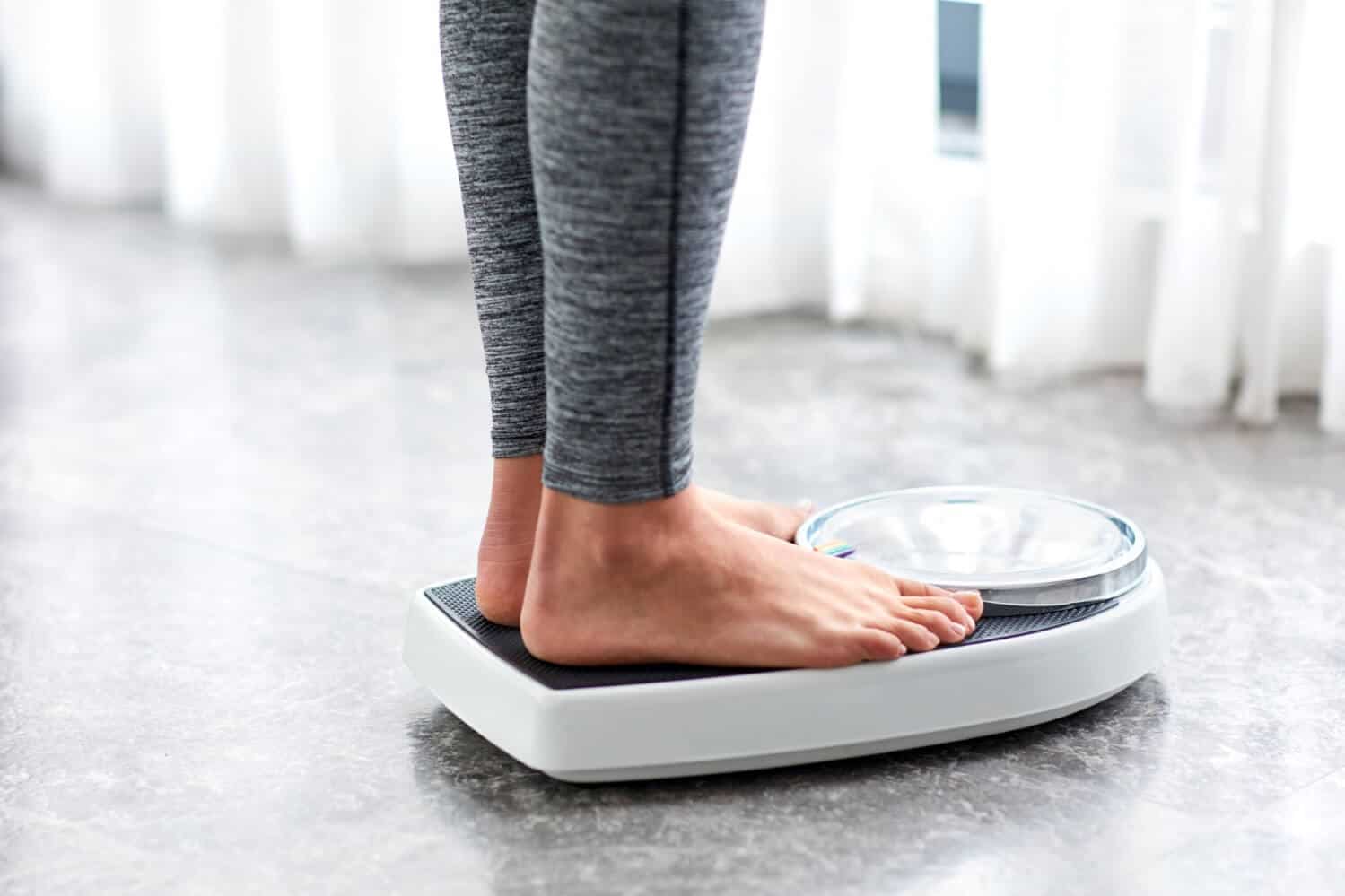Weight Loss – Strategies to Hold Yourself Accountable
The term “lose weight” is tossed around like it’s an easy thing we can all just “do.” The problem is, it takes more than just talk to make it happen. It takes time, dedication, and of course, accountability.
The first thing to remember that, despite what many health bloggers might have you believe, losing weight is an equation: You need to (on average) burn more calories than you consume. That being said, there are ways to do this without drastically changing your lifestyle, eating habits, or routine. It just takes commitment. “I do believe you have to be ready to make a change, and that can be the reason someone will have success in anything they do. I truly think being fully committed to whatever program you choose, should be something you look at as a lifelong journey. Healthy eating is a true commitment, but those who do everything in moderation and take the time to focus on living a healthy life will be the ones who see long lasting results.” states Jillian Spector, Certified Nutrition and Wellness Consultant, Personal Trainer and owner of TheFittChick.
Set Actionable Goals (and Write Them Down)
Every Sunday, create a game plan for the week and then stick with it. For example, you might plan when and where you will work out, schedule time to go for a walk after work or plan out healthy meals in advanced.
“For Jillian Billard, a writer for Wanderlust Festival, there are several ways to hold yourself accountable for keeping your goals. Writing a letter when you set out is a good way to start. “Reminding ourselves of our positive intentions can be incredibly beneficial to sticking to your commitments,” she writes. Looking for support systems (both online or in person) and developing your own, through a consistent meditation practice, for example, are others.”
It can be challenging to maintain your new, healthy lifestyle changes, so why not use a weight-loss app like Noom that’s been clinically tested and proven to help you lose weight?
Helpful Tip: If you have a smartphone, set calendar appointments blocking out time for the gym, walking, and cooking. Use the alarm setting to notify you an hour before it’s time, so you have plenty of time to eat a light snack, change your clothes, and get out the door.
Start with a Mini-Cleanse
Just to prove you can. Saying “no” is empowering, and doing a month-long challenge to reset your brain can do wonders for your mind and body. Or perhaps consider a total body cleanse. Perhaps you give up alcohol for a month or give up chocolate for 30 days. Whatever your vice, jump start your goals by first proving your power. After all, it’s only four weeks.
Helpful Tip: Find a month where mini-cleanses are popular, and get a friend to do it with you. Sober November is always a favorite because it sets your body up for the holidays (and lowers your tolerance).
Set a Workout Routine
Workout. Even if you don’t break a sweat every time, the act of putting on your workout clothes and shoes and getting out the door is the hardest part, and it’s how you create new habits in your life. If it’s in your budget, joining a gym and then creating a routine for your workout can be helpful for any weight loss goals.
If gyms aren’t your jam, try apps like Class Pass that let you sign up for group fitness classes in advanced. Keep track of your success in your calendar, and then take time at the end of each week to applaud yourself for sticking with it!
If that won’t work for you right now, there are plenty of mobile programs and apps, like Noom, that can help you hit your fitness goals.
Weigh Yourself Once a Week
Seeing progress will help you maintain accountability. Weigh yourself every Monday morning, before you eat breakfast, and record it in a journal. On weeks where you don’t see a change, adjust your workout and dieting goals accordingly. When you do see the scale drop, don’t forget to congratulate yourself!
You can keep track of your progress with Noom. The app is packed with excellent tools, and your entire journey is supported by human coaching and an active virtual community.
Take Lots of Photos
Even if it’s just you in normal, everyday clothes. Track your progress over the weeks and notice where in your body you tend to lose and gain weight fastest. Use your pictures as a way to hold you accountable. If you see yourself gaining weight—which sometimes happens during the holidays—go back to that goal you set and regain your control.
Utilize Technology
There’s an app for everything now—use them.
For tracking nutrition intake and weight loss, Noom offers easy to use calorie counting and lets you track your weight loss.
Partner with a Friend
Have a gym friend or a buddy who is also serious about their weight loss goals. This will not only reinforce accountability, but it will make the journey more fun for you both. Besides, having a gym buddy is way better than going alone.
Treat Yourself
Set milestones for your progress and reward yourself accordingly, just not with food. We aren’t animals—food is not something we should use a training tool. Instead, treat your senses with something you can feel, smell, wear, or see—like an at-home spa night, a massage, a bubble bath, a new outfit, or a pretty candle.
Stay Positive
These things take time. Trust the process, enjoy your success, and don’t give up.
Weight Loss – Strategies to Hold Yourself Accountable Questions & Answers
- Recent:
Accountability is essential for successful weight loss. Having a clear plan and staying accountable to yourself will help keep you motivated and on track with your goals. Research has shown that having someone to be accountable to can increase the likelihood of long-term success.

Liz Biscevic is a writer and editor living in Santa Monica, California. When she’s not writing, she’s practicing yoga or playing with her 100-pound German Shepherd, Bolt.








